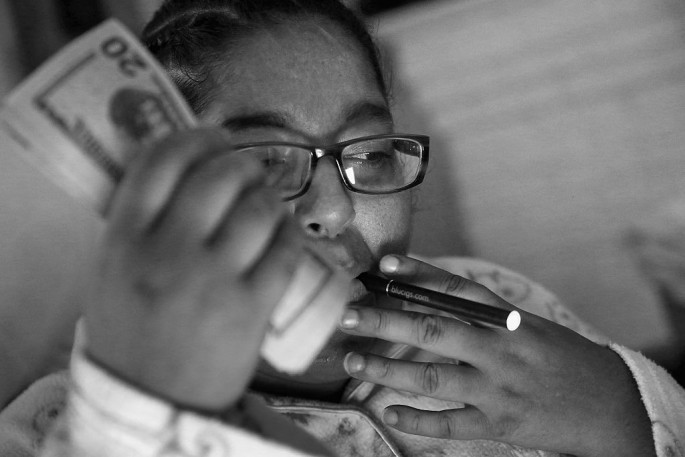Because he spends $4,000 a month on HIV medication, actor Charlie Sheen is seeking the development of lower-cost HIV drugs to make it affordable to all. He has made HIV education an advocacy after the "Three and a Half Men" star publicly admitted having the virus.
Since he has to take the expensive pill thrice a day, Sheen has so far spent $200,000 to battle HIV, reports PageSix. He says, "If anybody can fight this thing and discover a cure, it's me. I will exhaust every resource ... I will move forward until something's revealed," quotes National Enquirer, the first publication to report Sheen's ailment.
He says his November interview with Matt Lauer on "Today" began his journey to fight HIV. His having the virus places the actor in a rare position to turn his HUV diagnosis into something positive by reaching the audience of interviewer Dylan Howard, adds Sheen.
However, educating the public would be his role by shining a light on the disease, while Sheen leaves the matter of searching for a cure to brilliant scientists.

Saying he is now sober, Sheen tells Howard he is grateful for all that he went through in life, making people laugh and seeing the world differently. "Now, maybe it's time to "change the world," quotes Sbeta. But the 50-year-old admits that when he first learned of the diagnosis, he was first angry and then went in denial and shock, although he did not reach the low point of contemplating suicide. However, he says those low emotions lasted only one day because the next day, he told his mother, "This disease picked the wrong guy."



























